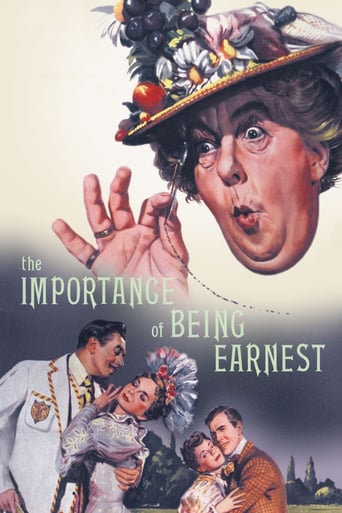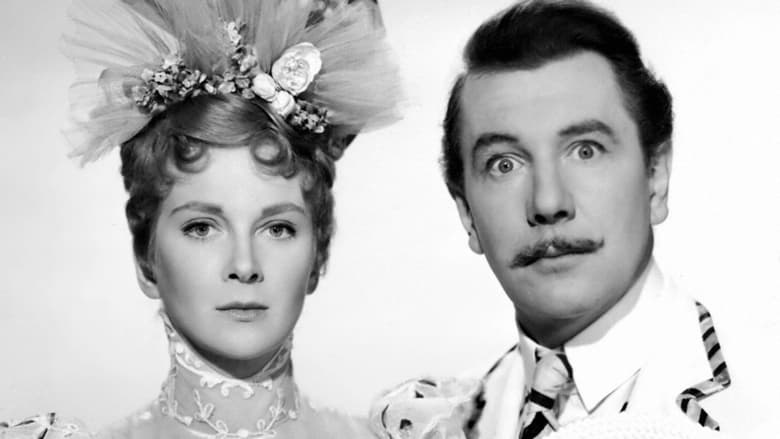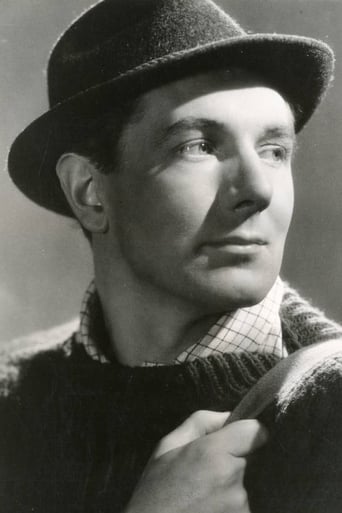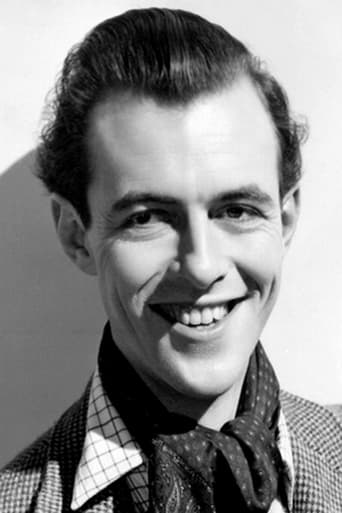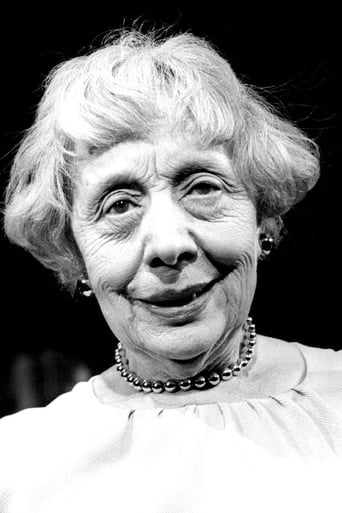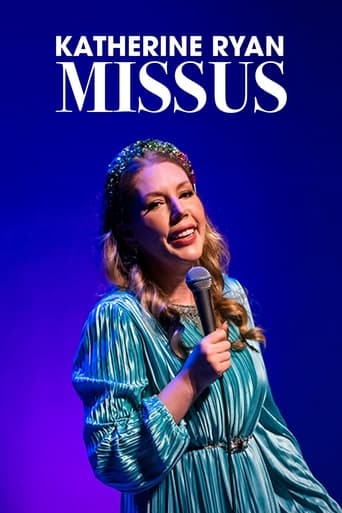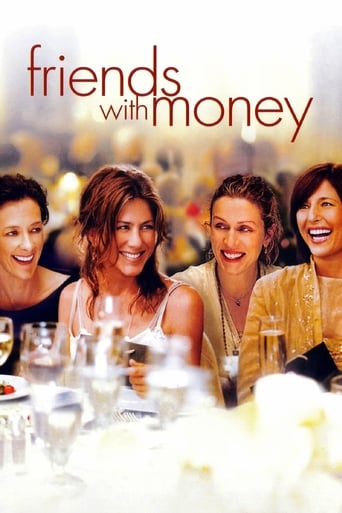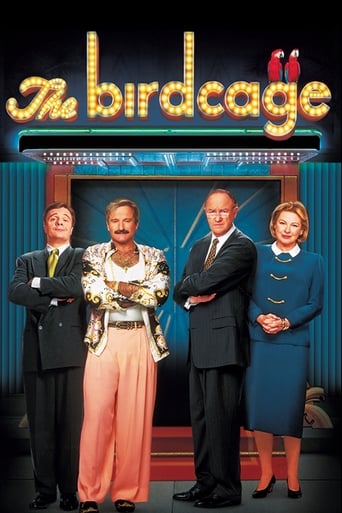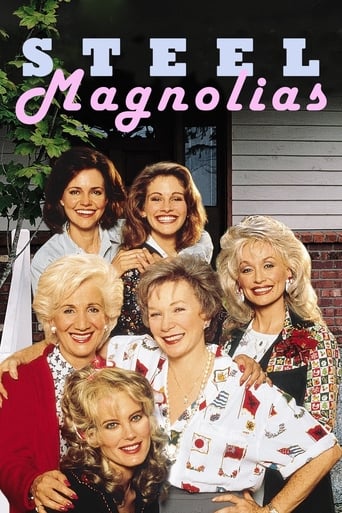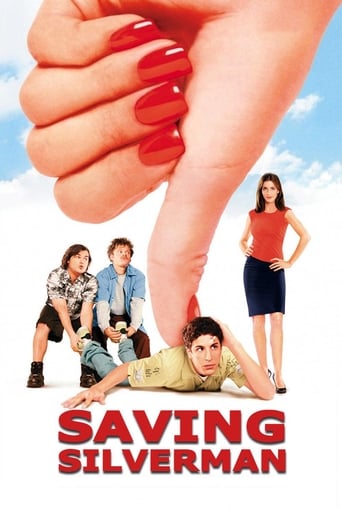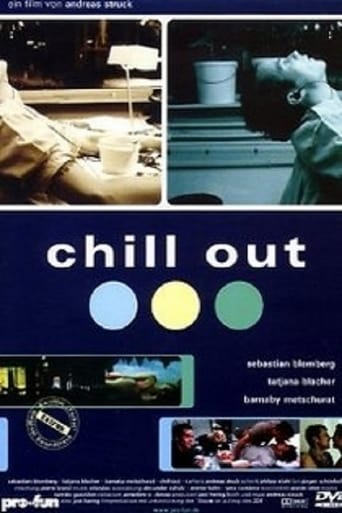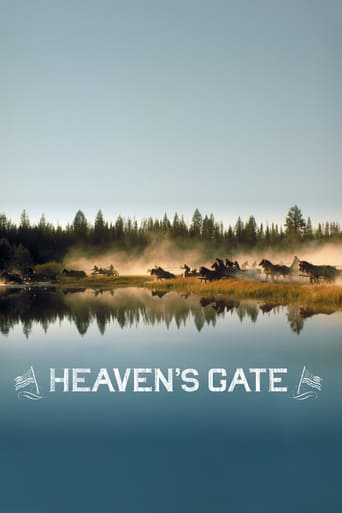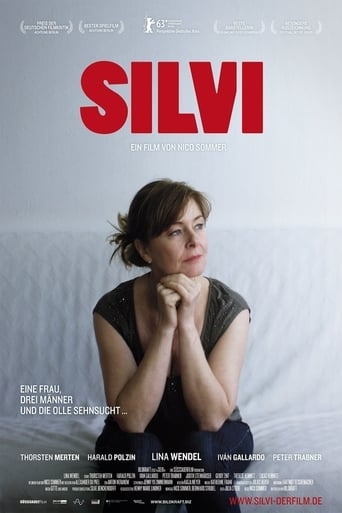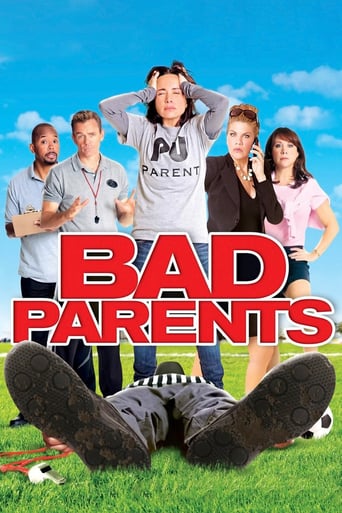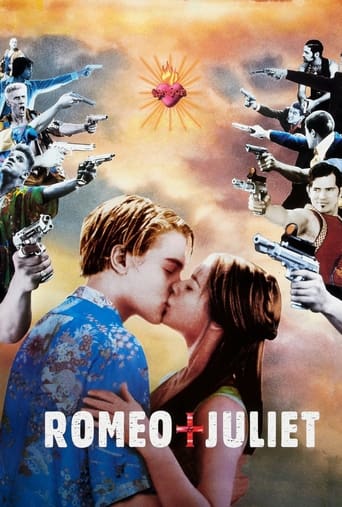The Importance of Being Earnest (1952)
Algernon Moncrieff is surprised to discover that his affluent friend -- whom he knows as "Ernest" -- is actually named Jack Worthing. Jack fabricated his alter ego in order to escape his country estate where he takes care of his charge, Cecily Cardew. Cecily believes that Ernest is Jack's wayward brother and is keen on his raffish lifestyle. Algernon, seeing an opportunity, assumes Ernest's identity and sneaks off to woo Cecily.
Watch Trailer
Cast


Similar titles
Reviews
It is a performances centric movie
Good movie but grossly overrated
Excellent but underrated film
Wow! What a bizarre film! Unfortunately the few funny moments there were were quite overshadowed by it's completely weird and random vibe throughout.
One of the most wickedly delightful plays ever written is brought to the big screen in this fine adaptation (1952).Two trained stage actors (Michaels Redgrave and Denison) give superb performances as John Worthing and Algernon Moncrieff, modulating their style for film (watch, for instance, the flicker Redgrave gives Worthing's mustache as Gwendolen hits around his guilty secret).The rest of the cast reads like a menu at a top restaurant. Joan Greenwood, who starred in several classic movies of the time ("Man in a White Suit"; "Kind Hearts and Coronets") lends her smokey voice to Gwendolyn. Dorothy Tutin, here in her first movie role as Cicely, would go on to great success on stage and screen. And the wonderfully dotty Margaret Rutherford and Miles Malleson set the bar high for anyone who later approaches the roles of Miss Prism and Canon Chasuble. The perfect cast reaches right down to Richard Wattis, appearing for a matter of seconds and with no lines, providing eyebrow-raising hilarity as "Seton."The pride of place, however, belongs to Edith Evans. Lady Bracknell was one of her signature roles on stage. Here, in a performance both perfectly suited for the big screen yet dominating it as well, she is somehow able to hit every note of the human voice in words like "handbag" and, perhaps even more brilliantly, "found?" (In a much later radio version, Dame Judi Dench proved a letdown as Lady Bracknell, after too much familiarity with Evans' extraordinary voice modulations).The script is a bit disappointing. While I found it perfectly sparkling on my first viewing (and my tenth), later reading and watching other versions of the play on the stage and on tv, I found this version cuts whole swathes of Wilde's dialogue. To be fair, the play exists in more than one version. And a full movie version of nothing but talk would spill over two hours, while this version runs slightly over an hour and a half. And, to be honest, Wilde's paradoxes are occasionally overwhelming (and even tiresome when they're all strung together). But many great lines are cut and at least one unfortunately truncated (Gwendolen saying, "The suspense it terrible!" In the play, it continues, "I do hope it will last!")Perhaps due to the play's preternatural artificiality (especially the crassness and lack of feeling Wilde puts in the mouths of his characters) the movie has a curtain-raising and -lowering framing device. If nothing else, it helps those unfamiliar with Wilde or the play know it originated on the stage. The sets are obviously artificial, but Wilde's lines belong in an artificial world. Some have criticized this movie as "static" (not opening out the play as Branagh did for Shakespeare forty years later). But this play is nothing but talking heads in their own universe; the movie serves as an invaluable introduction to Wilde (it was for me), performed by some of the finest British actors of the time. No villains appear in the piece (unless the proto-Wodehousean aunt Lady Bracknell is one). No one is going to blow up the world. No one has a gun. The characters lead complex lives that need untangling in a comic way. That is all. If you can't sit through ninety minutes of truly wonderful actors mouthing some of the cleverest lines ever written for the stage, this movie's not for you.Perhaps not one of the great movies, but a finely-cast filmed version of a great play. After pointing out the many cuts made to the play, the one sour note in the thing is the introduction of a distant cuckoo in the catty tea scene between Gwendolen and Cicely. It's a bit too much. Otherwise, as Wilde's contemporaries Gilbert and Sullivan might say, it's rapture.
The incarnation of perfection. It had been many, many years since I'd last seen this zenith, this quintessence of dramatic art and composition. Besides the handbag, I especially recalled the exquisite dialogue during the al fresco tea-party of the divine little sisters, and even more especially the immortal line: "I asked for bread-and-butter, and you have given me cake." Nothing since has ever come close to equalling that expression of reproach, tinged with pain and sorrow. Sixty years had passed, and I still remembered those uniquely thrilling tones of Greenwood, as they re-echoed in the ear of memory.I was just about to express an opinion on this site, when I discovered that Youtube had posted the entire masterpiece, as recently as 27 May, this year as ever is! And I have now re-watched it, courtesy that tube, quite gratis, with immeasurable enjoyment.It is laugh out loud funny, to use a vulgar modern term. I was frequently in stitches. Directed with an impeccably light touch by Asquith, it is a triumphant celebration of verbal fireworks. They coruscate and scintillate. The settings are matchless. This is a work in the tradition of sparkling English theatre, from Shakespeare, through Sheridan to the late C19th, after which, though briefly revived by Coward, it shrivels, droops and dies. It is quite incredible to me that anyone could be so deplorably dull as to award it fewer stars than any of the near-ubiquitous trash contained in the IMDb top 250 list. Compare it with Lump, Stump and Two Stinking Balderdashes, to see Britain's precipitous national decline
Long regarded as the definitive version of Oscar Wilde's classic play, Asquith's adaptation still suffers from the faults of the original despite being heavily edited (running at what ought to be a brisk 90 minutes)."Earnest" is a social satire, a comedy of nonsensical manners and civilities, the like of which Wilde continually penned, and its plot - whilst relying heavily on co-incidence - is satisfyingly circular and consistent. The problem lies with the fact that very little actually happens, and what does happen occurs very, very slowly due to the sheer verbosity of the dialogue. Now, much of this is what gives the play its charm and it cannot be denied that the syntax and vocabulary has a beauty all of its own. However, one can admire a work of art whilst not necessarily liking it. An Oscar Wilde play is whimsical and not to be taken altogether seriously, which means that, though they are witty, they are ultimately quite superficial - this coupled with the sheer amount of dialogue often makes a Wilde play seem far longer than it actually is. I often think that Wilde's plays are far better when read than actually performed, as when performed they are often far too much to take in in one go. You feel pinned to the chair by the waves of dry wit."The Importance of Being Earnest" therefore has a delightful plot, and equally delightful characters, but remains just as slow as Wilde's other plays, especially when directed in such a languid fashion as this version. For a dialogue heavy comedy such as this to entirely work, a sense of energy much be cultivated (I was recently in a theatrical adaptation of The Picture of Dorian Gray which suffered from having very little energy at all and ultimately proved a chore for the audience to watch) which is all but lacking here as the characters go about everything quite calmly and stoically. Of course, this is arguably in keeping with the source material but makes the film difficult for modern viewers to sit through. A shame as the majority of the cast is first rate; in particular, Michael Denison is superb as Algernon, though it is difficult to single out anybody in particular (interesting, though, that Rutherford's Miss Prism is often used as the focus of relevant artwork for the film given that the role is really quite small, even more so in this adaptation - it is perhaps tantamount to Rutherford's performance that her Miss Prism is so well remembered). I must admit to not really enjoying Edith Evans' portrayal of Lady Bracknell, though that may be more due to the character as written; though Evans is very much the gorgon of which Jack Worthing speaks, the witticisms Wilde scribes for her are far better when delivered as casual rapid-fire lines, as opposed to the over-emphasised and long delivery that an actress feels compelled to give when playing Bracknell. Evans stretches out lines to breaking point so that when she has finished a sentence one quite forgets as to how it began.The play itself deserves to remain a classic of its genre though perhaps is more likely to be admired than actively enjoyed, certainly in this incarnation.
Dodgson's ChapelI've finally come around to this film of the famous play. The 2002 version wasn't done well and was the subject of one of my very first IMDb comments. The problem there was that the movie tried to be a movie instead of a play, and failed. This one tries only to be a non- distracting film of a play. In fact, I suppose the script is precisely that of the play with no muddling.It works marvelously and in the process becomes more of a workable movie than the later project which tried so hard.I think the reason is simple. The play had a coherent soul. (Oh, how I wonder how rare it is that we have someone that can do this, and what a tragedy that we torture them for being "deviant." Or whether certain types or art demand this on both sides.) That soul is placed in the heart of language, not situation. Its the words that matter, in fact it is the word/name "earnest," and the delicious notion that a baby can be mistaken for a book, in "moment of mental abstraction."Much of the humor or words reflected against contemporary society is based on oblivious extension of phrases and is directly influenced by Lewis Carroll, a somewhat older member of the Oxford community. Its rather wonderful seeing how this meme evolved on the stage, jumping from one clever writer to another until being extinguished by silent films. Its far more interesting than Uranian matters.But we have it here again, unsullied. The speech of Lady Bracknell has to be one of the funniest and sharpest sequence of words ever woven.I should mention a device. The play starts as a play. We see the audience, who looks much like the characters. The curtain goes up and the reality moves to the stage.Ted's Evaluation -- 3 of 3: Worth watching.

